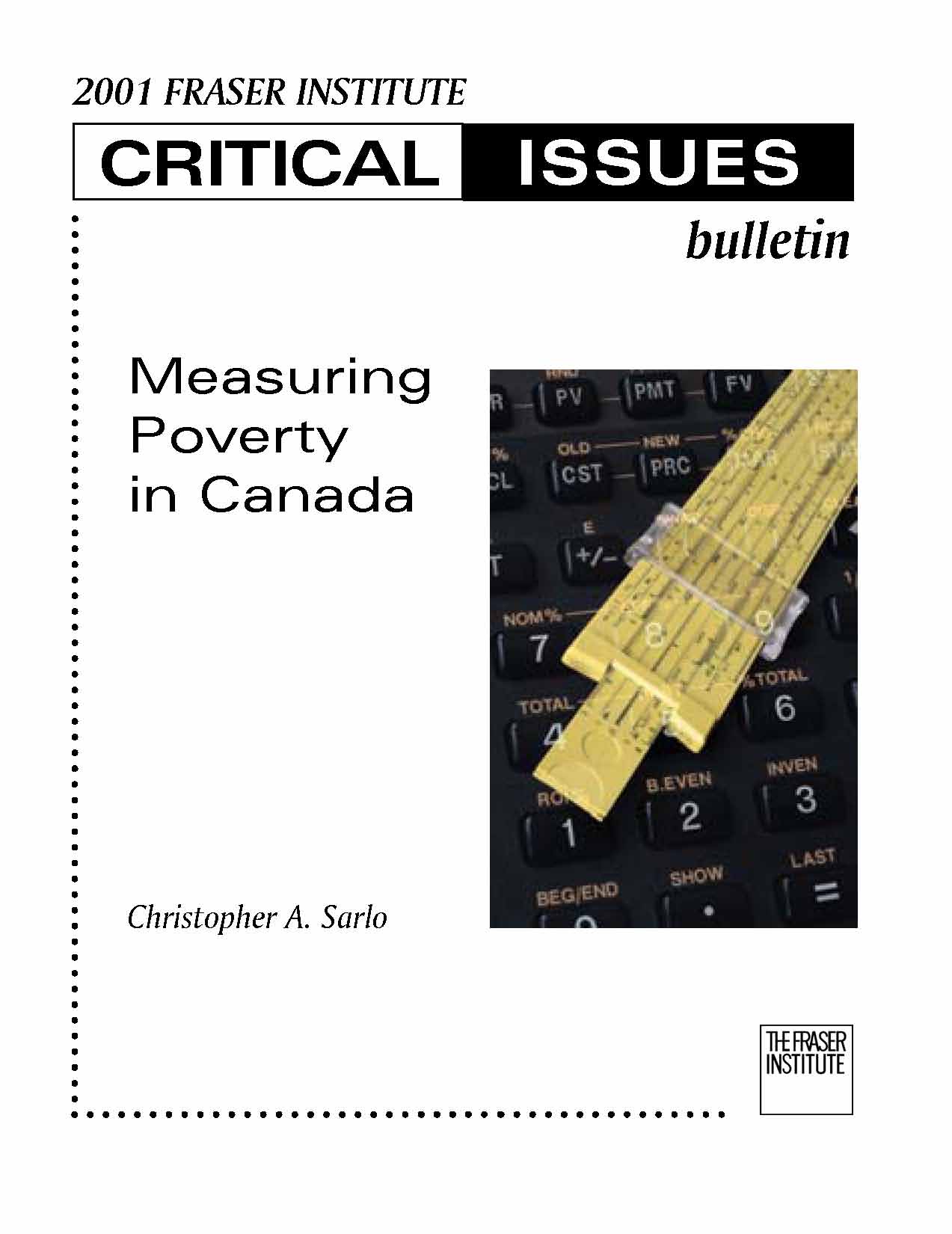 Read the Introduction
Read the Introduction Topic: Swiss Drug Policy
Topic: Swiss Drug Policy Topic: Drugs, Violence & Public Health
Topic: Drugs, Violence & Public Health Topic: The Criminal Law and 20th Century Canadian Drug Policy
Topic: The Criminal Law and 20th Century Canadian Drug Policy Topic: The Empires Strike Back
Topic: The Empires Strike Back Topic: Psychoactive Substances in Canada
Topic: Psychoactive Substances in Canada Topic: Public Opinion and Illicit Drugs
Topic: Public Opinion and Illicit Drugs Topic: Medicalization - A "Third Way" to Drug Policy
Topic: Medicalization - A "Third Way" to Drug Policy Topic: Costs of the War on Drugs
Topic: Costs of the War on Drugs
 Table of Contents
Table of Contents Introduction
Introduction Chapter - Publicly Funded Education in Ontario
Chapter - Publicly Funded Education in Ontario Chapter - Reinventing Public Education via the Marketplace
Chapter - Reinventing Public Education via the Marketplace Chapter - Market Education and the Public Good
Chapter - Market Education and the Public Good Chapter - Analyzing School Choice Reforms that Use America's Traditional Forms of Parental Choice
Chapter - Analyzing School Choice Reforms that Use America's Traditional Forms of Parental Choice Chapter - The Alberta Charter School Experience
Chapter - The Alberta Charter School Experience Chapter - A Survey of Results from Voucher Experiments
Chapter - A Survey of Results from Voucher Experiments Chapter - An Evaluation of New Zealand's Targeted Individual Entitlement Scheme
Chapter - An Evaluation of New Zealand's Targeted Individual Entitlement Scheme Chapter - Serving the Needs of the Poor
Chapter - Serving the Needs of the Poor Chapter - Grassroots Perspectives on Market Mechanisms
Chapter - Grassroots Perspectives on Market Mechanisms


